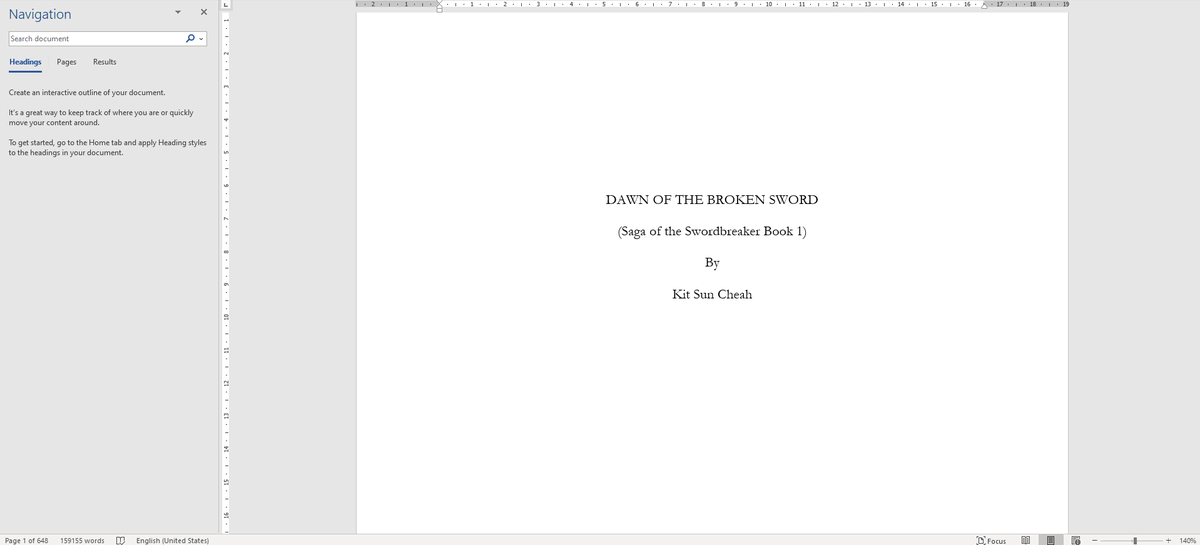Among the hottest fiction trends today, and the genre I'm working on next.
I've been looking into the genre for years, but everywhere I looked I found too many power fantasies, too few actual wuxia.
It shows a lack of understanding of the genre. /1
Highly-skilled warriors in a milieu of danger and respect. Adventure in exotic realms. A world where you can earn your place with your sword.
But beyond that, wuxia has one more element:
Ethics.
It's right there in the name.
/2
The meaning of 'hero' is well-known.
'Martial' has a neutral connotation. It means the ways of war.
The meaning of wuxia seems obvious: a hero who uses martial arts.
But this is not what wuxia means in Chinese.
/3
Every 'word' is a written character that carries certain meanings. Every character in turn is made up of radicals.
Radicals are smaller characters that convey pronunciation, and most importantly, MEANING.
Keep this in mind.
/4
武 carries the meanings of 'martial, weapons, military'.
侠 means 'chivalry, gallantry, hero'.
But this is in English. In Chinese it carries a much, much deeper meaning.
/5
止: Stop
戈: A dagger-axe, an ancient Chinese weapon.
(When used as a radical, the word loses a stroke)
Therefore, the true meaning of 武 is: to stop the dagger-axe.
/6
武 has an innately noble purpose: to stop the dagger-axe, to defend and protect.
Morality is hard-coded into Chinese martial arts.
The Chinese took it very, very seriously.
/7
Others were civilians, but they assisted the police in arresting outlaws.
Others 'took back the art' by defeating (and crippling or killing) bandits who had trained in martial arts.
/8
侠 has two radicals:
人: man
夹: squeeze, pinch, wedge, carry under your arm
This implies that 侠 is 'a man who wedges' or 'a man who carries'.
/9
The 'official' interpretation I've seen is of two smaller men lifting up a larger man.
My other, artistic interpretation is a large man wedging himself between two others.
/10
A man who places himself in between a tall man (on the left) and two smaller men (behind him).
A big man protecting two smaller men with his body.
/11
A man who lifts up and supports other people.
This is how the Chinese viewed chivalry and gallantry.
Or, if you look at it artistically:
A man who shields the innocent with his body.
/12
A man who stops the dagger-axe and supports others.
Martial skill is thus used to protect the innocent, NOT to puff up your ego.
To be a hero is to help others, NOT to merely be strong.
/13
Without this element of ethics, of a hero willing to shield others from the dagger-axe with his own body, there is no wuxia.
Today, there are 'dark wuxia' stories where the MC is a VILLAIN, which defeats the genre altogether!
/14
Xianxia is the transliteration of 仙侠.
侠 is known by now.
But what about 仙?
English says it means 'immortal, fairy, sylph'.
But that's not quite what it means.
/15
人: Man
山: Mountain
A 仙, an immortal, is thus a man who goes up to the mountains.
But why?
/16
Through cultivation, a Daoist becomes an immortal.
Through cultivation, a Buddhist gains enlightenment.
They do not gain superpowers.
/17
They serve as way markers. Confirmation that you are on the right path.
And, if needed, skills TO HELP OTHERS.
To pursue powers at the expense of your own development is to lose the Way and fall into delusion. /18
He goes up the mountain AND STAYS THERE.
Cultivation is a long, difficult, tedious process. He needs to be free of worldly distractions.
Why would he climb down the mountain?
The answer, for this genre, is 侠. /19
A man who goes up the mountain to cultivate himself and gains powers along the way, then climbs down the mountain to use his skills to help others.
/20
This is a power fantasy, with optional harem elements.
The purpose of power is not MOAR power.
It is to be used to help others -- or not at all. /21
It is a mere power fantasy.
But it is the dominant trope today. A mere aesthetic to dress up a hollow fantasy, no more.
A shadow of the true meaning of the genre.
Only one thing left to do:
/22
SAGA OF THE SWORDBREAKER, coming 2021 / 2022.
#PulpRev #SingLit #ownvoices
/end



